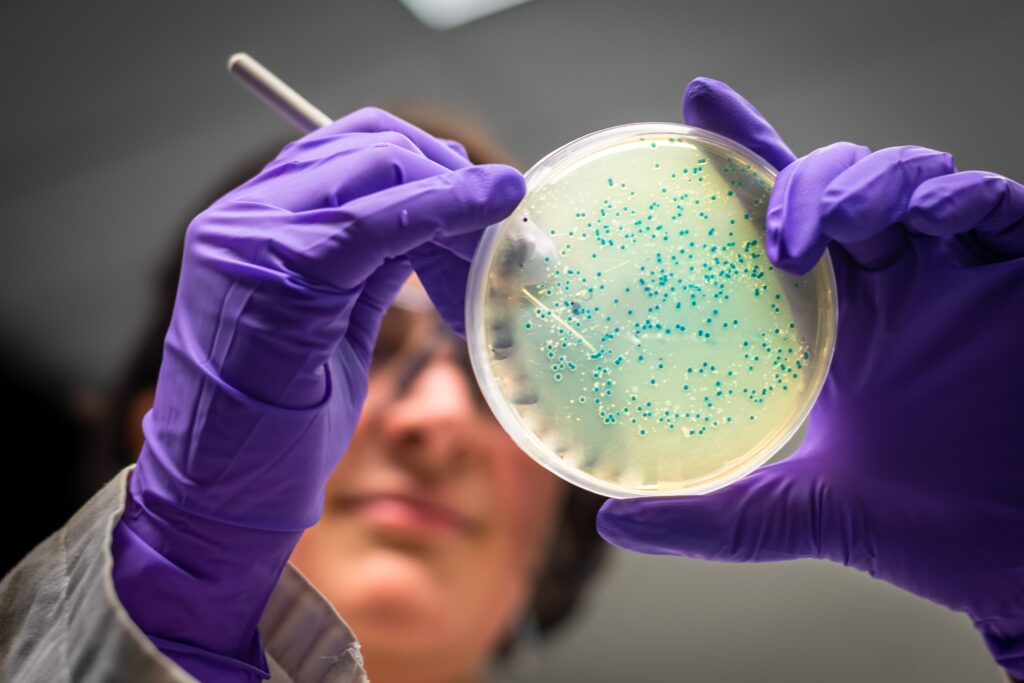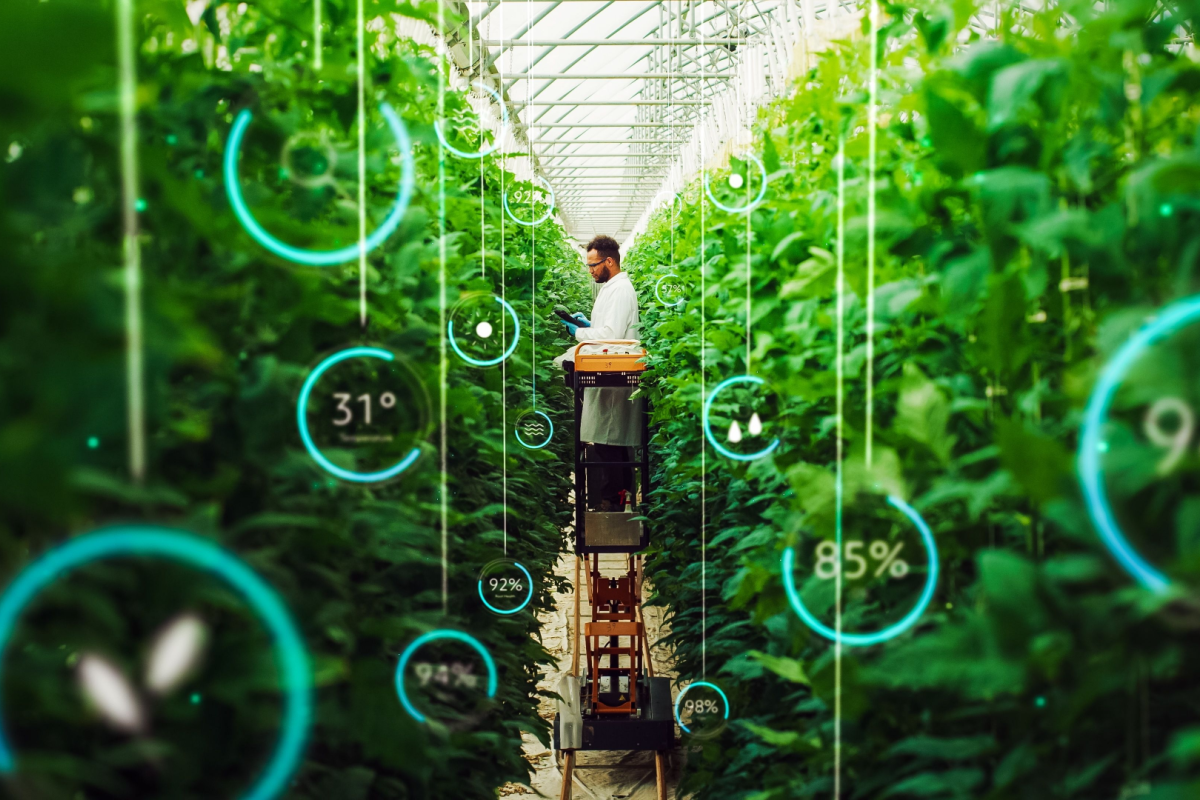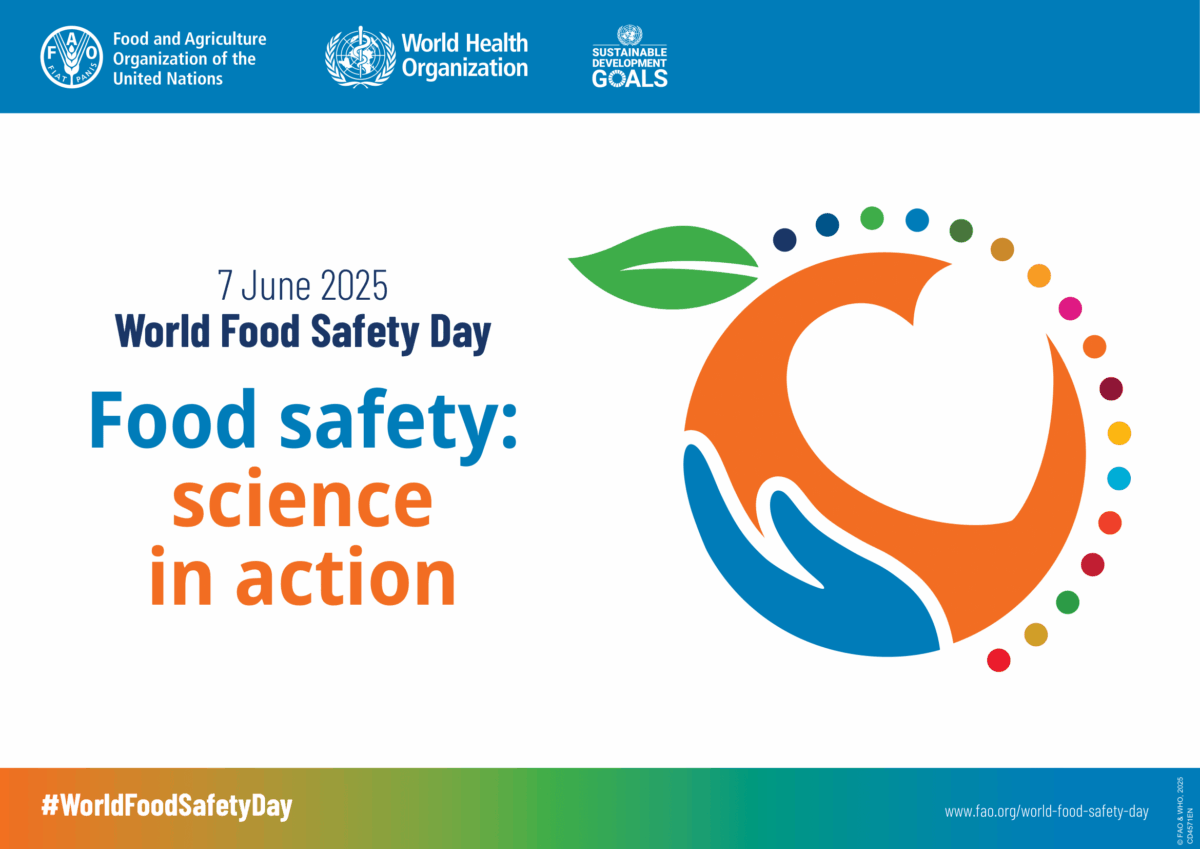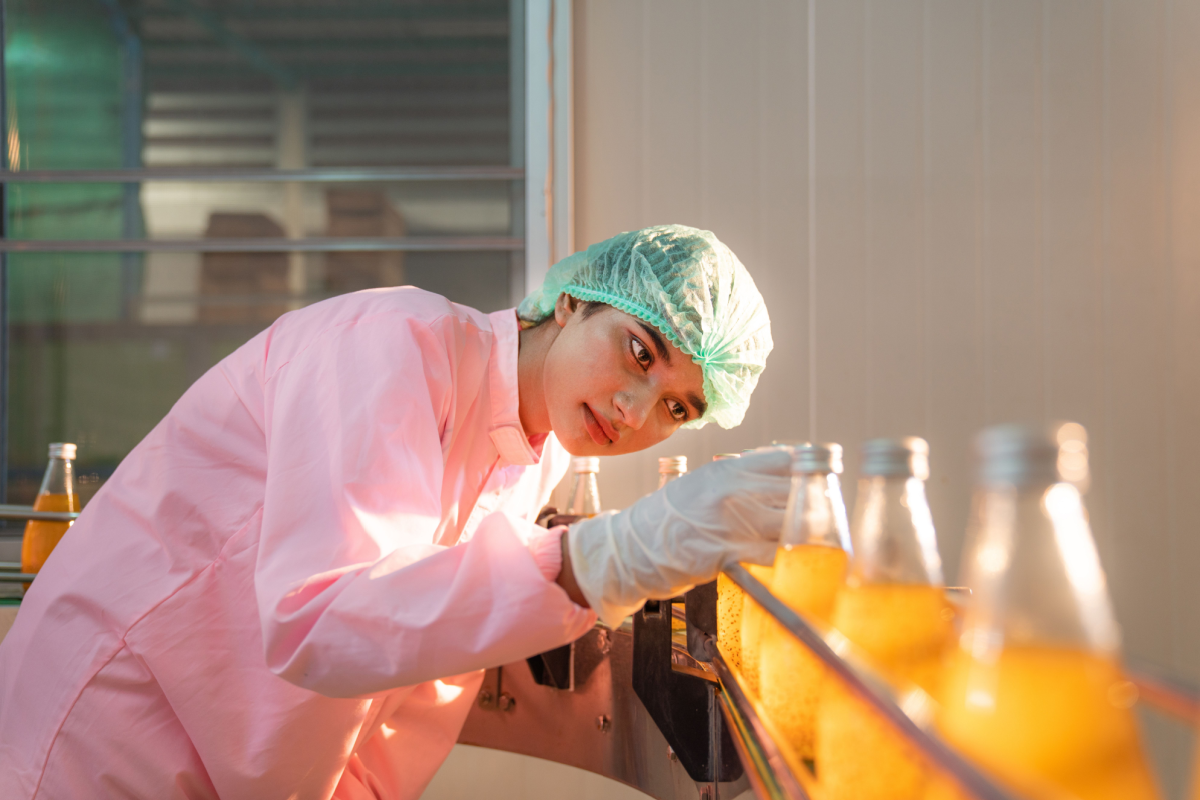Despite technological advancements in food safety in recent years, 2023 has been marked by some alarming food safety scandals globally, impacting public health and trust in the food industry. Here, we uncover some of the worst food safety scandals of 2023, shedding light on the causes and consequences of these outbreaks and recalls.
1. Salmonella Outbreak from Poultry — The US
A widespread Salmonella outbreak linked to contaminated poultry affected thousands across multiple states this year. This persistent strain of Salmonella, also known as REPJFX01, not only led to significant illnesses but also prompted a massive recall and stricter regulations on poultry processing. It also encouraged a citizen petition to make it illegal to sell poultry contaminated with any one of 31 strains of Salmonella.
2. Listeria in Frozen Vegetables — Europe
Europe faced a severe health scare when multiple brands of frozen vegetables were found contaminated with Listeria monocytogenes. The outbreak, which traced back to frozen corn and potentially other frozen vegetables, has been impacting countries including Austria, Denmark, Finland, Sweden and the UK since 2015. The recalls were extensive, spanning several countries and leading to numerous hospitalizations.
Related: 10 of the Worst Food Safety Scandals in Recent History
3. E. Coli Daycare Outbreak — Canada
In September, an E. coli outbreak emerged in daycares around Calgary, Alberta, Canada, stemming from contamination in a kitchen facility. The outbreak led to 356 confirmed cases and an additional 90 suspected cases. It was officially declared over by Alberta Health Services on October 31, 2023. Fortunately, there were no fatalities linked to this outbreak.
4. Chemical Contamination in Baby Food — China
Several baby food products in China were found to be contaminated with harmful chemicals this year, leading to widespread panic among parents and a swift government crackdown on food safety standards. As of February, new regulations require producers of infant formula to significantly invest in reformulating, testing, certifying and re-registering their products for the Chinese market, which may also necessitate launching new marketing campaigns.
5. Norovirus in Oysters — Japan
Japan’s seafood industry suffered a blow when a Norovirus outbreak was linked to contaminated oysters. The outbreak was first identified in early 2023, with cases peaking mid-year. Hundreds of individuals reported symptoms typical of Norovirus, including stomach pain, nausea, diarrhea and vomiting. This resulted in a temporary ban on shellfish exports and a review of seafood safety protocols.
6. Pesticide Residues in Fruits and Vegetables — India
Excessive pesticide residues were detected in various fruits and vegetables in India, causing a major public health concern. Initial testing for pesticide residues in fruits and vegetables indicated the presence of residues in 14 out of 72 samples tested. The tests identified residual traces of insecticides such as acephate, monocrotophos, thiamethoxam and fenpropathrin in these samples. The scandal led to stricter regulations on pesticide use and a push for organic farming methods.
7. Undeclared Allergens in Snack Foods — The UK
In the UK, several snack foods were recalled due to the presence of undeclared allergens, posing serious risks to individuals with allergies. European regulation identified 14 key allergens, including celery, cereals containing gluten, crustaceans, eggs, fish, lupin, milk, mollusks, mustard, nuts, peanuts, sesame, soybeans and sulfur dioxide. The reasons for these recalls varied, but the most common cause was the omission of priority allergens on labeling. This highlighted the need for more stringent labeling laws.
8. Campylobacter in Raw Milk – The US
This year, the US witnessed a food safety scandal involving outbreaks of Campylobacter, a bacterium often associated with foodborne illnesses from raw or undercooked food, linked to the consumption of raw milk. In Utah, the Salt Lake County Health Department has reported 14 cases of infection. Meanwhile, in Wyoming, the Department of Health has confirmed that five individuals, including one adult and four children, became ill after consuming raw milk and two children from this group required hospitalization.
The worst food safety scandals of 2023 underline the critical importance of stringent food safety measures and regulations. They serve as a reminder that vigilance and proactive measures are essential to protect public health and maintain trust in the food supply chain.
If you want your company to be featured on Xtalks.com, please email [email protected].












Join or login to leave a comment
JOIN LOGIN